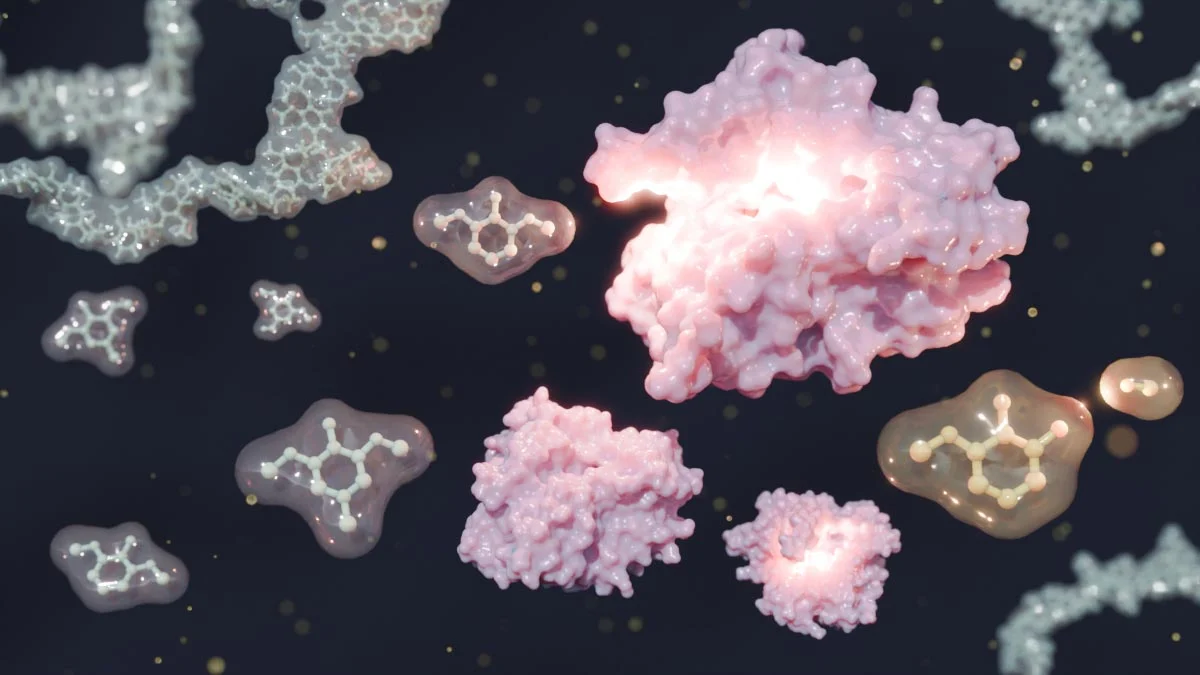The Surprising Science Behind Food and Feelings
We all know the comfort of indulging in high-fat treats during stressful times—but what if those same foods are making our anxiety worse? New research from the University of Colorado Boulder has uncovered a compelling link between diet and mental health, suggesting that a high-fat diet may disrupt gut health and trigger anxiety-related changes in the brain.
Gut and Brain: An Unexpected Dialogue
What Is the Gut-Brain Axis?
The gut-brain axis is a complex communication system connecting your digestive system and brain through neural, hormonal, and immune pathways. This connection means your gut health plays a critical role in your emotional well-being.
How Diet Impacts This Delicate Balance
When your diet is rich in unhealthy fats, it can disturb your gut microbiome—the community of microbes that help regulate everything from digestion to mood. Researchers found that high-fat diets may trigger inflammatory responses and alter neurotransmitter signaling in the brain, laying the groundwork for anxiety-like behaviors.
The Study: High-Fat Diets Trigger Anxiety in Mice
Key Findings From the Colorado Study
In the study, young mice fed a high-fat diet quickly developed obesity and began to exhibit anxiety-like behaviors. Brain scans revealed disrupted signaling patterns, and microbiome analysis showed a marked shift in gut bacteria composition. Compared to leaner mice, these changes were strongly associated with behavioral disturbances and heightened stress responses.
Why This Matters for Humans
Although the research was conducted in mice, the findings raise important questions about how modern diets might affect our own mental health. With anxiety rates climbing globally, understanding the biological impact of food on the brain is becoming increasingly urgent.
What You Can Do to Support Gut and Mental Health
1. Choose Whole Foods
Build your diet around fresh fruits, vegetables, legumes, lean proteins, and whole grains. These nutrient-rich foods help nourish a healthy gut microbiome.
2. Cut Down on Saturated Fats
Limit processed foods and fatty meats, which can contribute to inflammation and microbiome imbalances.
3. Stay Informed and Curious
The more you learn about the connection between diet and mental health, the more empowered you are to make choices that benefit your body and mind.
Are You Eating Your Way Into Anxiety?
Could a simple change in your diet make a big difference in your mood? Share your thoughts or experiences in the comments—your insights might help others on the same journey.
Daily science news 2025, Best science blogs, New science research 2025, Popular science articles, Latest science news 2025










